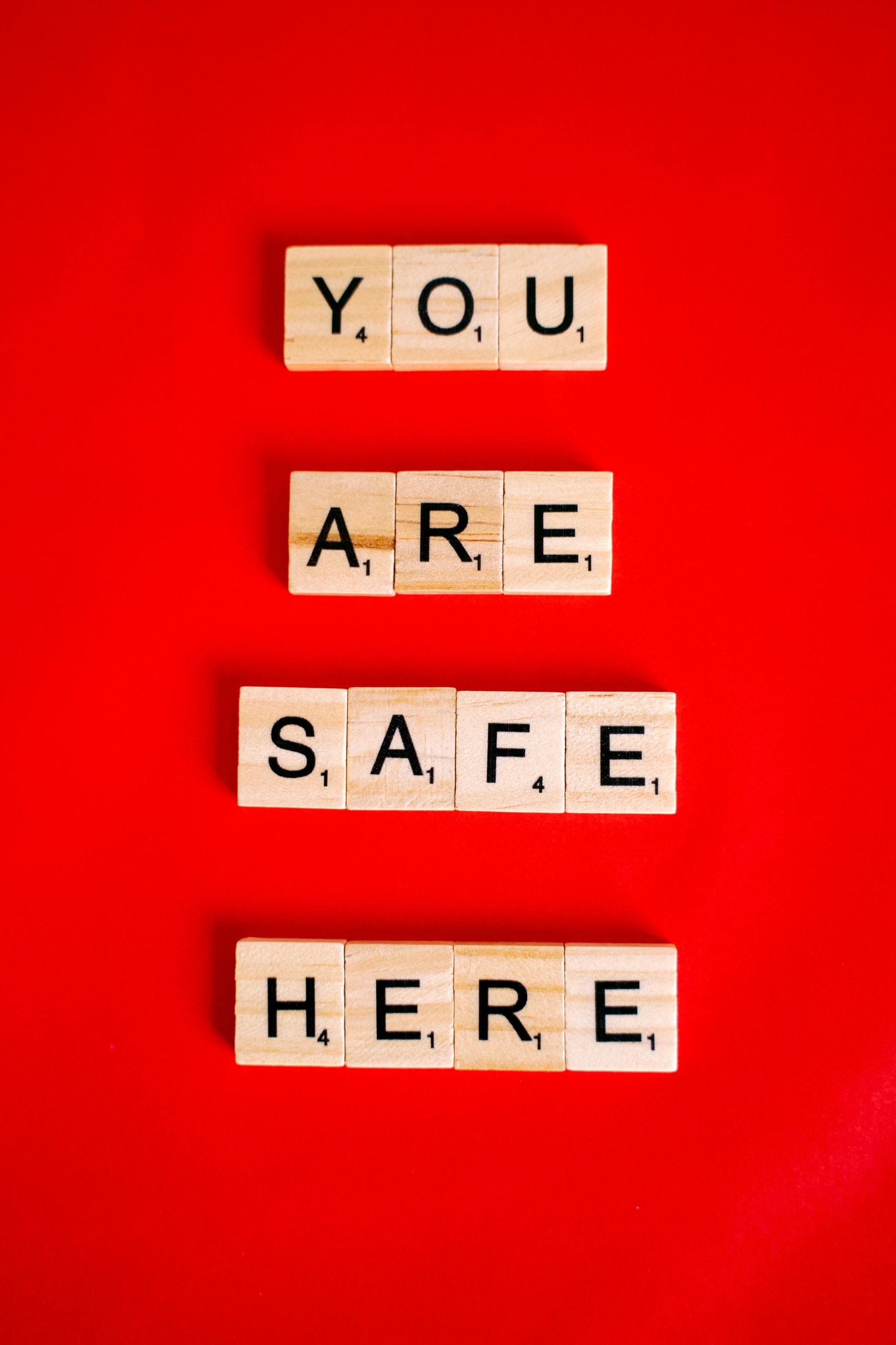What Are Your Options When an Uninsured Driver Causes Car Damage?
Understanding Financial Responsibilities After an Accident with an Uninsured Driver
Car accidents can be stressful—even more so when the at-fault driver lacks insurance. If you’re involved in a collision where the other party is uninsured, many wonder: what are their financial obligations, and what happens if they choose to ignore the bill?
Imagine this scenario: someone intentionally hits your vehicle and two others, leaving a trail of over $100,000 in damages. You discover that this individual has a history of similar behavior and no insurance coverage. Naturally, questions arise about the true cost to the responsible party and how the legal and financial system addresses such situations.
When an uninsured driver causes damage, several legal pathways and considerations come into play:
-
Responsibility for Damages
If the at-fault driver is identified and prosecuted, they are typically liable for all damages resulting from the accident. In cases where they have substantial assets or a history of similar offenses, the courts may order them to pay restitution or damages accordingly. -
Direct Payment and Unpaid Bills
In theory, the responsible individual is obligated to cover the damages out of pocket. However, if they lack sufficient funds or choose to ignore the bill, collectors or insurers (if applicable) may pursue legal action to recover owed amounts. -
Implications of Ignoring Bills
Should the offender ignore the financial obligation entirely, it can result in judgments being filed against them, affecting their credit score, and possibly leading to wage garnishments or other collection methods. Yet, enforcement depends heavily on the individual’s ability to pay and their financial situation. -
Role of Insurance and Legal Protections for Victims
Since the perpetrator lacks insurance, victims are often protected through other means such as state-run insurance programs or uninsured motorist coverage, if available. These options can help cover damages when the responsible party cannot or will not pay. -
Impact of a Criminal Record and History
The fact that this individual has prior offenses could influence legal proceedings, potentially leading to criminal charges, especially if malicious intent is proven.
In summary, while an uninsured driver does owe damages out of their personal assets, collecting these funds can be complex if they choose to evade payment. Legal remedies exist to enforce judgments, but recovery isn’t always guaranteed, especially if the responsible party has limited resources.
If you find yourself in a similar situation, it’s advisable



